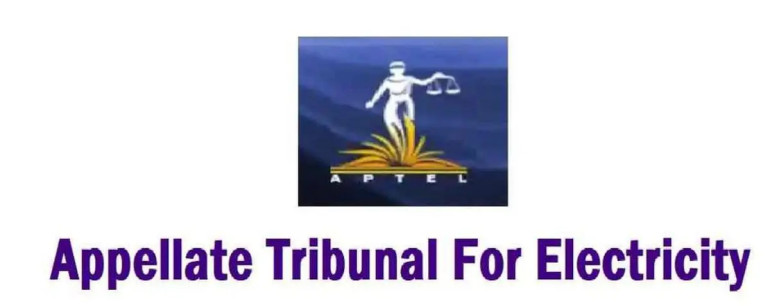
Follow India Renewable Energy News on WhatsApp for exclusive updates on clean energy news and insights
APTEL Upholds Tamil Nadu Commission's Decision on HPCL Tariff Re-categorization
Mar 26, 2025
In a recent ruling, the Appellate Tribunal for Electricity (APTEL) dismissed Hindustan Petroleum Corporation Limited’s (HPCL) appeal against the Tamil Nadu Electricity Regulatory Commission’s (TNERC) decision to re-categorize its LPG bottling plant from the HT I (Industrial) category to the HT III (Commercial) category.
Background
HPCL, a government enterprise, operates an LPG bottling plant in Madurai, Tamil Nadu. The plant was earlier classified under the HT I category, designated for industrial establishments. However, in a tariff order dated August 11, 2017, TNERC reclassified LPG bottling plants under the HT III (Commercial) category, grouping them with malls, multiplexes, and hotels.
Key Contentions
HPCL challenged the decision, arguing that its bottling plant is located in an industrial estate and operates under the Factories Act, 1948. The company contended that LPG bottling involves significant infrastructure, investment, and operational processes akin to industrial manufacturing. It further pointed out that in states like Maharashtra and Karnataka, similar bottling units are classified as industrial consumers.
The Tamil Nadu Generation and Distribution Corporation (TANGEDCO), however, defended the reclassification, asserting that LPG bottling does not involve a manufacturing process. According to TANGEDCO, the activity primarily involves transferring LPG from bulk containers to smaller cylinders without altering the product’s composition, making it a commercial operation.
APTEL’s Verdict
APTEL supported TNERC’s decision, citing previous rulings, including a 2016 decision in a similar HPCL case in Kerala. The tribunal emphasized that manufacturing involves a transformation that results in a new and distinct product. Since LPG retains its original composition during bottling, the process does not qualify as manufacturing.
Furthermore, APTEL rejected HPCL’s reliance on the ‘stare decisis’ principle, arguing that each state’s regulatory body has the authority to independently categorize consumers. The tribunal also noted that HPCL’s classification as a commercial entity was consistent with judicial precedents.
Conclusion
The dismissal of HPCL’s appeal underscores the regulatory authority of state commissions in consumer classification under the Electricity Act, 2003. The decision is expected to influence tariff categorizations for similar operations across the state.
This ruling serves as a reminder for commercial entities to be mindful of regional regulatory interpretations when planning infrastructure and operations.